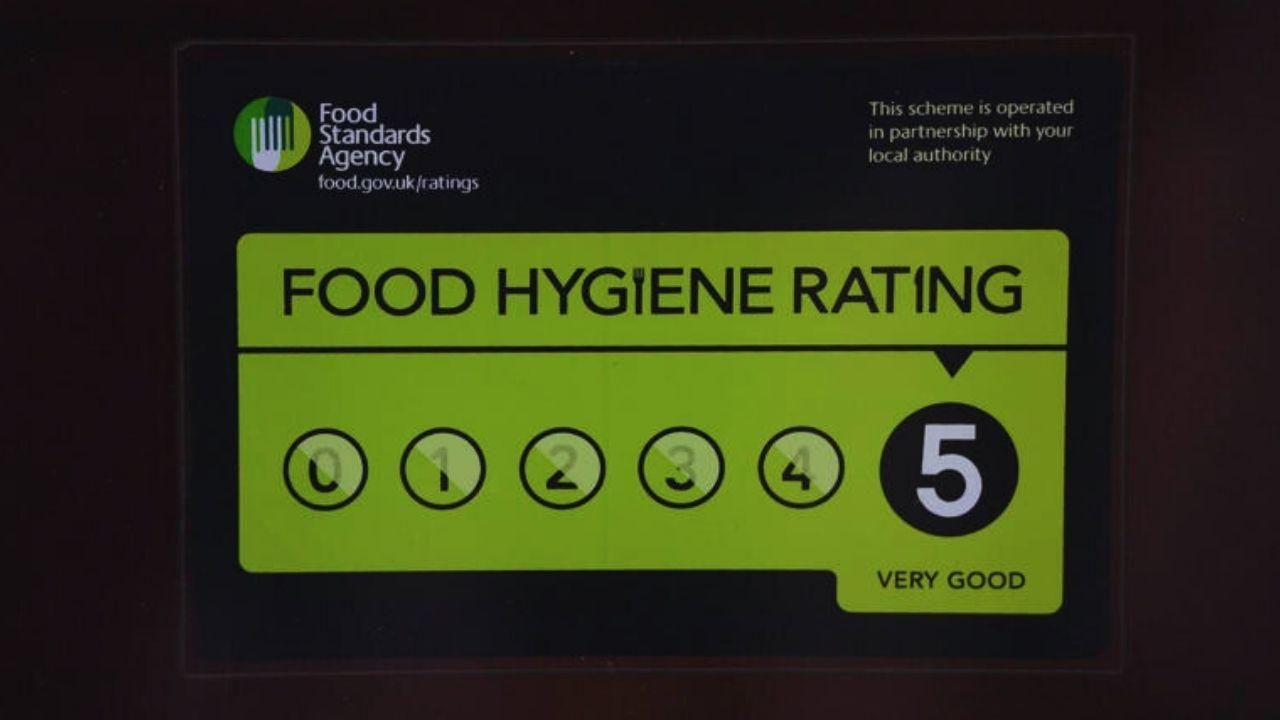Keir Starmer’s quiet push to entangle Britain once again in EU bureaucracy is a clear betrayal of Brexit’s core principles.
A lifelong Remainer, Starmer has long advocated for closer ties with the European Union. His vision for Britain appears less about post-Brexit independence and more about a gradual reintegration into EU structures—if not in name, then certainly in effect.
Recent reports on his talks with European leaders suggest a troubling direction: openness to the EU’s proposed £420 billion defence pact.
Led by Poland and backed by the European Commission, this initiative aims to consolidate resources for a joint European defence strategy. While framed as a response to security threats like Russian aggression, it dangerously edges toward an EU army—something Britain decisively rejected with Brexit.
Starmer's cozying up to EU leaders is more than a pragmatic approach to shared security concerns.
It is a thinly veiled attempt to align the UK with European defence ambitions. Despite his denial of plans to create a European army, his actions suggest otherwise. The timing is telling - Starmer's defence review is delayed, and pressure is mounting to increase military spending amidst a global climate of instability.
With wars in Ukraine and Israel and the looming shadow of Russian aggression, the need for robust defence investment is unquestionable. However, tying the UK's security strategy to Brussels is not the solution.
This so-called "intergovernmental agreement" is a backdoor mechanism to draw the UK into EU structures. It offers participation to non-EU nations like Britain and Norway while allowing neutral countries such as Ireland to opt out.
This tactical flexibility is designed to entice reluctant players like the UK into an arrangement that reeks of EU centralisation, using Britain's strained finances as leverage.
Starmer's willingness to entertain this pact undermines Britain's hard-won sovereignty. Brexit was a declaration of independence from European bureaucratic overreach, yet here we are, with our Prime Minister holding hands with Donald Tusk, who openly dreams of a "Breturn."
Tusk's remarks during their recent press conference - expressing hope for the UK's eventual return to the EU - should send chills down the spine of anyone who values British independence.
The defence pact's staggering price tag, overseen by the European Investment Bank, further highlights the folly of this scheme.
The UK has already committed significant resources to NATO and bilateral defence agreements, including £8 billion in Polish defence deals over the past three years.
Why, then, should Britain fund a duplicative EU program that undermines NATO's primacy and funnels control to Brussels?
Starmer's actions betray not only British sovereignty but also the trust of our armed forces. His willingness to consider aligning with the EU defence initiative smacks of desperation - a misguided attempt to gain favour with European elites while neglecting the very real needs of Britain's military.
Increased defence spending is vital, but it must prioritise national interests, not bolster a European army in disguise.
The EU's defence pact is not about solidarity or security - it is about centralisation. Britain must resist being dragged into this quagmire. Keir Starmer's ambitions are not only reckless but a betrayal of the Brexit mandate.
Britain's future lies in global independence, not as a subordinate player in a European superstate.
If Starmer gets his way, Britain will trade its hard-won independence for the shackles of a European superstate - we must stop him before it's too late.








.svg)



